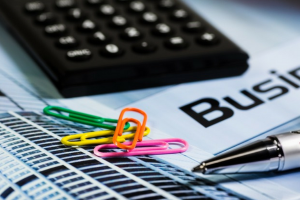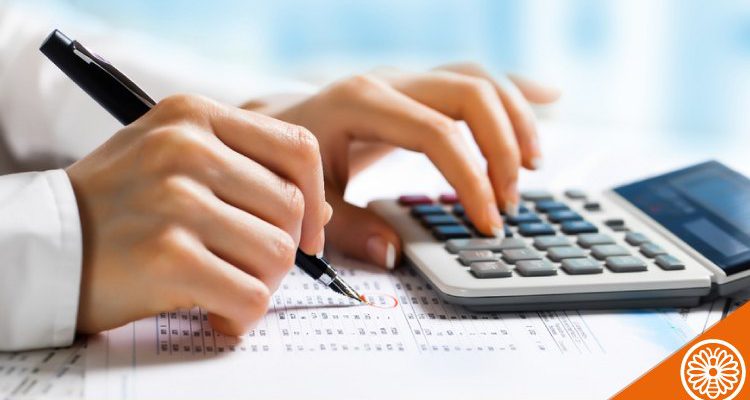Hong Kong Accounting Guide: Simple Accounting, Audit and Tax Filing for Hong Kong Companies
Managing accounting, auditing, and tax filing isn’t the most thrilling part of running a business, but it’s a crucial one. Procrastinating or failing to understand these responsibilities can lead to unnecessary expenses and delays. This Hong Kong accounting guide will help you navigate the local requirements and implement best practices to ensure your company remains compliant while minimizing costs.

Why Accounting Matters from Day One
In Hong Kong, businesses face two key statutory requirements: auditing and tax filing. To file taxes, you must close your accounts, which requires an audit. However, an audit can only be conducted with proper management accounts.
For companies with no operations, unless you are officially registered as dormant, then submitting audited accounts is mandatory for tax filing.
For Hong Kong companies, a Hong Kong Certified Public Accountant (CPA) is the only professional qualified to perform audits. Many CPAs offer combined packages for auditing and tax filing. However, note that your CPA will require well-prepared management accounts to complete an audit. While CPAs can handle accounting, their services are typically more expensive. Basic accounting, on the other hand, can be managed by anyone skilled in bookkeeping.
Understanding Management Accounts
Management accounts typically consist of:
- Profit and Loss Account
- Balance Sheet
- General Ledger
You can prepare management accounts monthly, quarterly, or annually, but sooner or later you must issue them. That said, delaying your accounting tasks can complicate the process. Tracking and retrieving past records is far more challenging than maintaining them monthly, particularly if you have numerous transactions.
Key Tip: The more accounting entries you generate, the more often you should maintain your accounts. Regular accounting also provides clear insights into your business performance, helping you make informed decisions and impress potential investors if needed.
Tips for Proper Accounting Practices
Maintaining proper accounts requires two key elements:
- Organization – Keep your supporting documents well-structured and complete.
- Expertise – Either develop accounting skills or outsource the task.
If you’re skilled in bookkeeping, you can save costs by preparing management accounts yourself. While they don’t have to be perfect, they must be clear and organized to reduce your auditor’s workload.
Avoid This Mistake: Submitting disorganized accounts to your CPA may initially seem cost-effective but can backfire. CPAs will charge more if they have to fix errors or deal with incomplete records. Poorly prepared accounts can also delay tax filing and result in additional fees, especially during peak filing seasons.
Best Practices for Smooth Accounting, Auditing, and Tax Filing
- Organize Your Documents – Keep receipts, invoices, and financial records in order.
- Maintain Management Accounts – Use the compiled information to prepare accounts yourself or outsource the task.
- Engage a CPA Early – Once your management accounts are ready, engage a CPA to handle the audit and tax filing.
- Start Early – Timely preparation of all stages avoids last-minute rush fees and ensures compliance.
We hope this Hong Kong accounting guide was useful. Need help with accounting, auditing, or tax filing? Fill out our questionnaire or contact us. The iNCUBEE team is here to make your business compliance smooth and as straightforward as possible.




